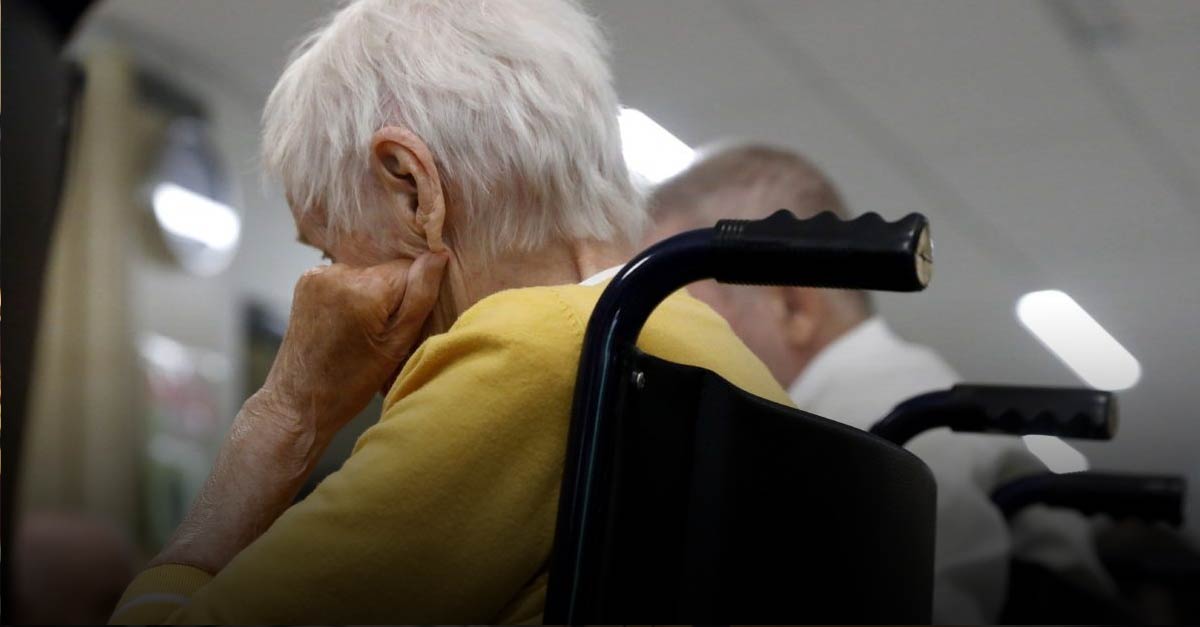Signs of nursing home abuse

There may come a time in your life where you want to place an elderly family member in a nursing home in Philadelphia because he or she may require care and supervision that you are unable to provide. Allegations of neglect and inadequate care in assisted-living and nursing homes are on the rise across the country. You should learn how to spot the signs of nursing home abuse so you can take appropriate actions to protect your loved one.
Confusing staff behavior
Any time you visit the nursing home your loved one resides in, you should pay careful attention to how the staff interacts with each other, your relative and the residents. If you see staff members who appear to be avoiding residents, tensions are running high and the environment appears to be dysfunctional and chaotic, you may have reasons to be concerned.
High turnover rate
An unfortunate reality for many nursing homes is a high-turnover rate. The place where your loved one stays should not have staff members who do not stick around for long. Nursing homes that must constantly replace and train new staff members are not capable of providing their residents with the proper nursing home worker-to-resident ratio and quality of care they deserve.
Drastic emotional and physical changes
You should always monitor your loved one for signs of mental and physical abuse. For example, if your elderly relative suddenly seems withdrawn, less social, not as talkative as usual or apprehensive and afraid, he or she may be experiencing emotional abuse. If your loved one has bedsores, unexplainable bruising, scrapes, cuts, broken bones and other injuries, he or she may be a victim of physical nursing home abuse.
If you notice any of the above changes, you should ask the staff for explanations before jumping to conclusions. Sometimes the signs could indicate the presence of ailments that some older people develop. For instance, it is not uncommon for Dementia and Alzheimer’s residents to exhibit signs of confusion and fear at times. Also, people who take blood thinners often end up with random and unexplainable bruises.
Avoidance of certain caregivers
If your loved one seems to avoid certain caregivers, then something may be amiss that requires your immediate attention. Find out if there are past incidents where your loved one was threatened, harmed and felt scared. You should also question the staff to find out if there are incident reports you should know about.
Sometimes it can be hard to identify when your relative is being abused in a nursing home. Visit and speak with your family member often and pay attention to your gut feeling so you are always aware of what is going on. If you suspect your senior loved one is a victim of nursing home abuse or neglect, you should discuss the matter with an attorney for guidance.


